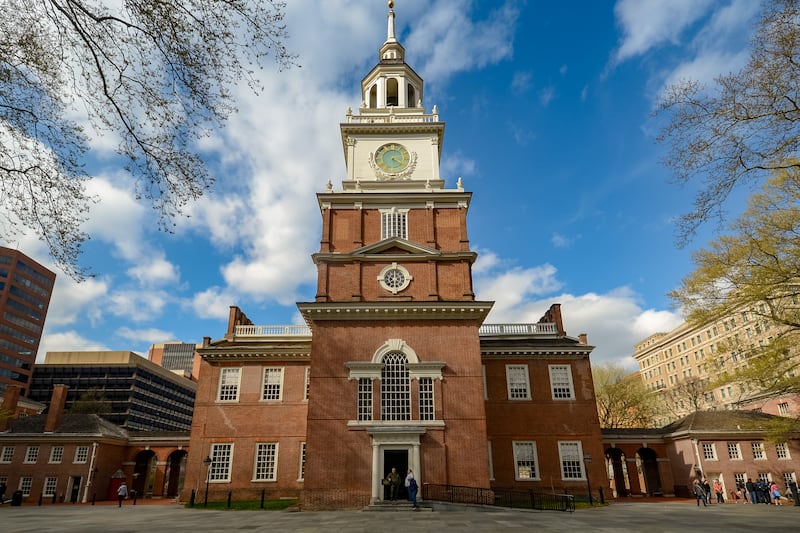If character is best measured by how a man treats those who can do nothing for him, how then, do we assess the character of a nation?
Saturday’s celebration of Constitution Day reminds me of how America’s Founding Fathers sought to develop and shape the character of our nation through their careful design of the U.S. Constitution.
National character, the founders’ actions seem to say, is best measured by how it treats the minority.
Similar to the man who is respectful of those who can do nothing for him, a nation that endeavors to preserve its good character must be led by a majority that respects the minority.
History is replete with examples of unfathomable sorrow inflicted on nations because the majority oppressed those in the minority. To combat this, our Founding Fathers designed a bulwark of individual-rights protections in our Constitution that can be divided into at least two parts.
The Bill of Rights is well known for listing many of these rights given by God to every man and woman, rights which the government is duty bound to protect. These constitutional amendments are important but weren’t the primary way the founders intended to protect individual rights.
The structure of the Constitution was meant to be the first set of protections. There are numerous others, including the Electoral College, representation in the U.S. Senate and the enumerated powers clause.
But the genius of the Constitution is federalism — the principle that divides decision-making powers among the federal government and the states. No one person wields all the power necessary to operate our government or protect our rights.
The founders intended for us to debate the issues, listen to each other, compromise, make mistakes together and succeed together. This “great experiment” of self-government hinges on whether we can be true citizens, partners in navigating the perils before us for the betterment of all.
Federalism animated by citizenship is coincidentally second on my list but is by far the most important. The inspired safeguards of our government won’t work otherwise.
In addition to Constitution Day, Saturday is also Citizenship Day. It is appropriate that we celebrate these two on the same day. The vitality of our Constitution depends upon how well we perform our duties to each other as citizens.
Citizenship places certain demands on individuals of our constitutional republic. Not only are we obligated to pay taxes, serve on a jury and defend our freedom in war, but it is also expected that we engage in robust civil dialogue with our fellow citizens about the operation of our government.
We are to know well the arguments of both the popular and the marginalized, the powerful and the persecuted. Ideally, a citizen listens intently to those he disagrees with and is practiced in the art of giving reasons for why his mind is persuaded otherwise.
New York Times columnist Bret Stephens masterfully summarized the skill all citizens must master:
“To disagree well you must first understand well. You have to read deeply, listen carefully, and watch closely. You need to grant your adversary moral respect; give him the intellectual benefit of doubt; have sympathy for his motives and participate empathically with his line of reasoning. And you need to allow for the possibility that you might yet be persuaded of what he has to say.”
If citizens instead apathetically follow the hardened trench lines of partisan tribalism, we will get — well, what we see in politics today: division, heightened by insatiable vitriol for the opposition.
During the most divided time in American history, President Abraham Lincoln encouraged civility among citizens and good will even toward a violently rebellious minority mistaken in their convictions.
A woman rebuked Lincoln for his conciliatory attitude toward the South as the Civil War was nearing its end. She felt the Confederates should be “destroyed” for the great harm they caused.
Lincoln responded, “Madam, do I not destroy my enemies when I make them my friends?”
Character is developed by choice, both individually and nationally. We all are making choices in how we interact politically with others on social media, at city hall, or in discussions around the dinner table.
Our civility with our fellow citizens — or lack thereof — will ultimately determine if our Constitution survives the 21st century and can guarantee the rights of both the governing majority and the minority.

